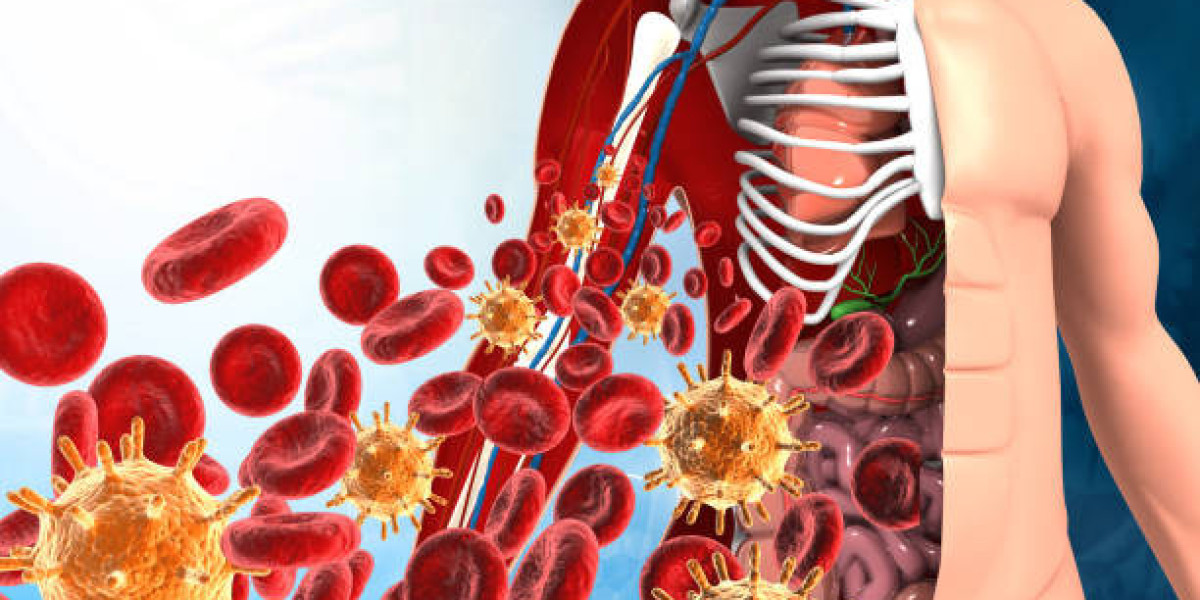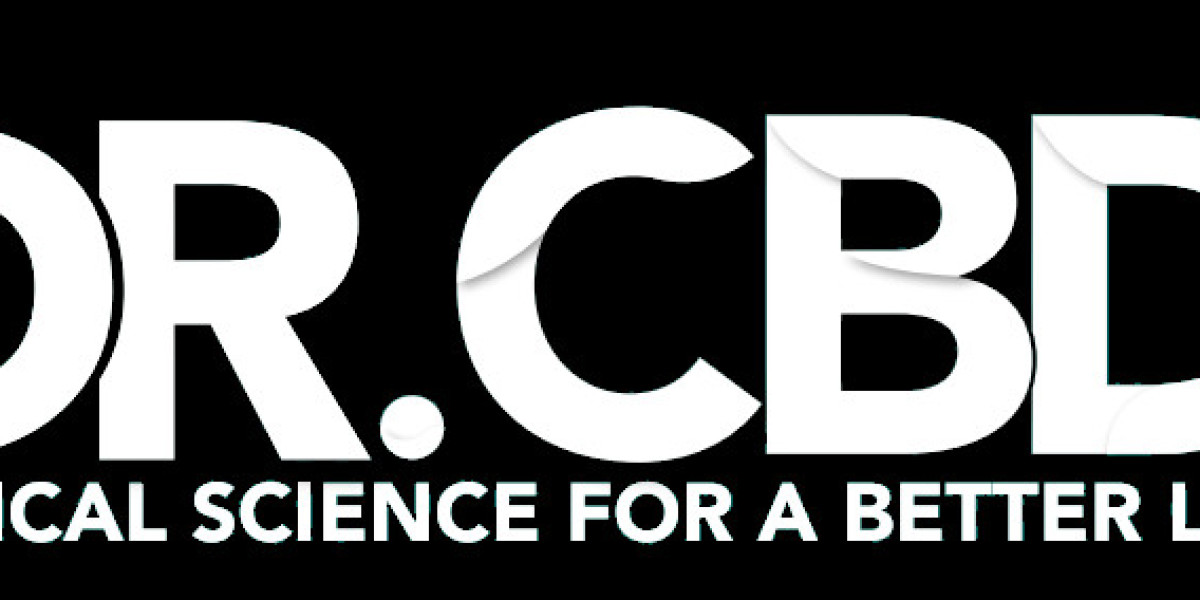vascular surgery in Riyadh is a specialized field that focuses on diagnosing and treating conditions related to the vascular system, which includes arteries, veins, and lymphatic vessels. In Riyadh, this branch of medicine plays a crucial role in managing various circulatory issues, helping individuals achieve better health and improved quality of life. This blog will explore the importance of vascular surgery, common conditions treated, procedures available, and the benefits of seeking care in Riyadh.
Understanding Vascular Conditions
The vascular system is essential for maintaining blood flow throughout the body. When issues arise, they can lead to serious health complications. Understanding common vascular conditions is the first step toward recognizing the need for treatment.
Common Vascular Conditions
Peripheral Artery Disease (PAD): This condition occurs when arteries in the legs narrow, reducing blood flow and causing pain, especially during physical activity.
Varicose Veins: Enlarged veins often found in the legs that can cause discomfort, swelling, and aesthetic concerns.
Aneurysms: Abnormal bulges in blood vessels that can rupture and cause life-threatening bleeding.
Deep Vein Thrombosis (DVT): A condition where a blood clot forms in a deep vein, typically in the legs, posing a risk of pulmonary embolism.
Chronic Venous Insufficiency: A condition where veins struggle to return blood from the legs to the heart, leading to swelling and discomfort.
Recognizing these conditions and understanding their symptoms can help individuals seek timely medical attention and improve their circulatory health.
The Importance of Vascular Surgery
Vascular surgery is often necessary to manage severe vascular conditions that cannot be treated effectively with conservative methods. It provides several benefits, including:
Improved Blood Flow
Vascular surgery aims to restore proper blood flow in affected areas, alleviating pain and reducing the risk of complications.
Prevention of Serious Complications
By addressing vascular issues, surgery can help prevent severe conditions such as heart attacks, strokes, and limb loss.
Enhanced Quality of Life
With improved circulation and reduced symptoms, individuals can lead more active and fulfilling lives, free from the limitations imposed by vascular conditions.
Procedures in Vascular Surgery
Vascular surgery encompasses a variety of procedures, each tailored to treat specific conditions. Understanding these procedures is essential for individuals considering treatment.
1. Endovenous Laser Therapy (EVLT)
EVLT is a minimally invasive procedure used to treat varicose veins. A laser is used to close off affected veins, allowing blood to reroute to healthier veins. Benefits include:
- Minimal downtime
- Reduced risk of complications
- Improved appearance and comfort
2. Angioplasty and Stenting
This procedure is commonly performed for PAD. A small balloon is inserted into a narrowed artery and inflated to widen it. A stent may be placed to keep the artery open. Key advantages include:
- Quick recovery time
- Relief from symptoms
- Increased mobility
3. Bypass Surgery
Bypass surgery creates an alternate route for blood flow around blocked arteries. This is often performed for severe cases of PAD or aneurysms. Benefits include:
- Significant improvement in blood flow
- Pain relief
- Long-lasting results
4. Vein Stripping
Vein stripping is a surgical procedure to remove varicose veins. It involves making small incisions to extract the affected veins. This procedure offers:
- Aesthetic improvement
- Relief from discomfort
- Reduction in swelling
5. Thrombectomy
Thrombectomy is performed to remove blood clots from veins or arteries, particularly in cases of DVT. This procedure is crucial for:
- Preventing serious complications, such as pulmonary embolism
- Restoring normal blood flow
- Alleviating symptoms
The Role of Technology in Vascular Surgery
Advancements in technology have significantly improved the field of vascular surgery in Riyadh , making procedures safer and more effective.
Minimally Invasive Techniques
Many vascular surgeries can now be performed using minimally invasive techniques, which involve smaller incisions and less tissue damage. Benefits include:
- Reduced recovery time
- Lower risk of infection
- Less postoperative pain
Imaging Technology
Modern imaging techniques, such as ultrasound, CT scans, and MRI, play a vital role in diagnosing vascular conditions and planning surgical interventions. They provide detailed images of blood vessels, allowing for precise treatment.
The Process of Vascular Surgery
Understanding the process of vascular surgery can help alleviate concerns and prepare individuals for their treatment journey.
Initial Consultation
The first step involves a comprehensive consultation where a healthcare professional evaluates symptoms, discusses medical history, and conducts diagnostic tests. This ensures an accurate diagnosis and tailored treatment plan.
Preoperative Preparations
Before surgery, patients may undergo various tests to assess overall health and readiness for the procedure. These tests may include blood tests, imaging studies, and cardiovascular evaluations.
The Surgical Procedure
Vascular surgeries can vary in duration and complexity. Most procedures are performed under local or general anesthesia, and patients are closely monitored throughout the surgery.
Recovery
Postoperative recovery is crucial for successful outcomes. Patients may receive specific instructions regarding pain management, activity restrictions, and follow-up care. Most individuals can resume normal activities within a few days to weeks, depending on the procedure.
Lifestyle Changes for Better Vascular Health
In addition to surgical interventions, lifestyle changes play a vital role in maintaining vascular health and preventing future complications.
Diet and Nutrition
Healthy Eating: Incorporating a diet rich in fruits, vegetables, whole grains, and lean proteins can support vascular health.
Reducing Saturated Fats: Limiting saturated fats and cholesterol can help prevent the buildup of plaque in the arteries.
Regular Exercise
Engaging in regular physical activity can improve circulation, reduce the risk of vascular disease, and support overall health. Aim for at least 150 minutes of moderate aerobic exercise each week.
Smoking Cessation
Quitting smoking is one of the most effective ways to improve vascular health. Smoking damages blood vessels, increases the risk of clot formation, and contributes to the progression of vascular diseases.
Managing Chronic Conditions
Conditions such as diabetes, hypertension, and high cholesterol can significantly impact vascular health. Regular monitoring and effective management are crucial for preventing complications.
Seeking Vascular Surgery in Riyadh
For individuals experiencing symptoms of vascular conditions or those looking to improve their vascular health, seeking vascular surgery in Riyadh is an important step. Riyadh offers a range of specialized facilities equipped with advanced technology and experienced professionals.
Finding the Right Specialist
When considering vascular surgery, it is essential to find a qualified and experienced specialist. Look for professionals with expertise in the specific procedure required and positive patient testimonials.
Importance of Communication
Open communication with healthcare providers is vital. Patients should feel comfortable discussing their concerns, asking questions, and understanding the risks and benefits of proposed treatments.
Follow-Up Care
Post-surgery follow-up care is crucial for monitoring recovery and ensuring the success of the procedure. Regular check-ups can help identify any potential issues early on and allow for timely intervention.
Conclusion
Vascular surgery plays a crucial role in managing and treating various vascular conditions, leading to better circulation and improved quality of life. Understanding the types of vascular conditions, available treatments, and the importance of lifestyle changes is essential for individuals seeking to enhance their vascular health.








